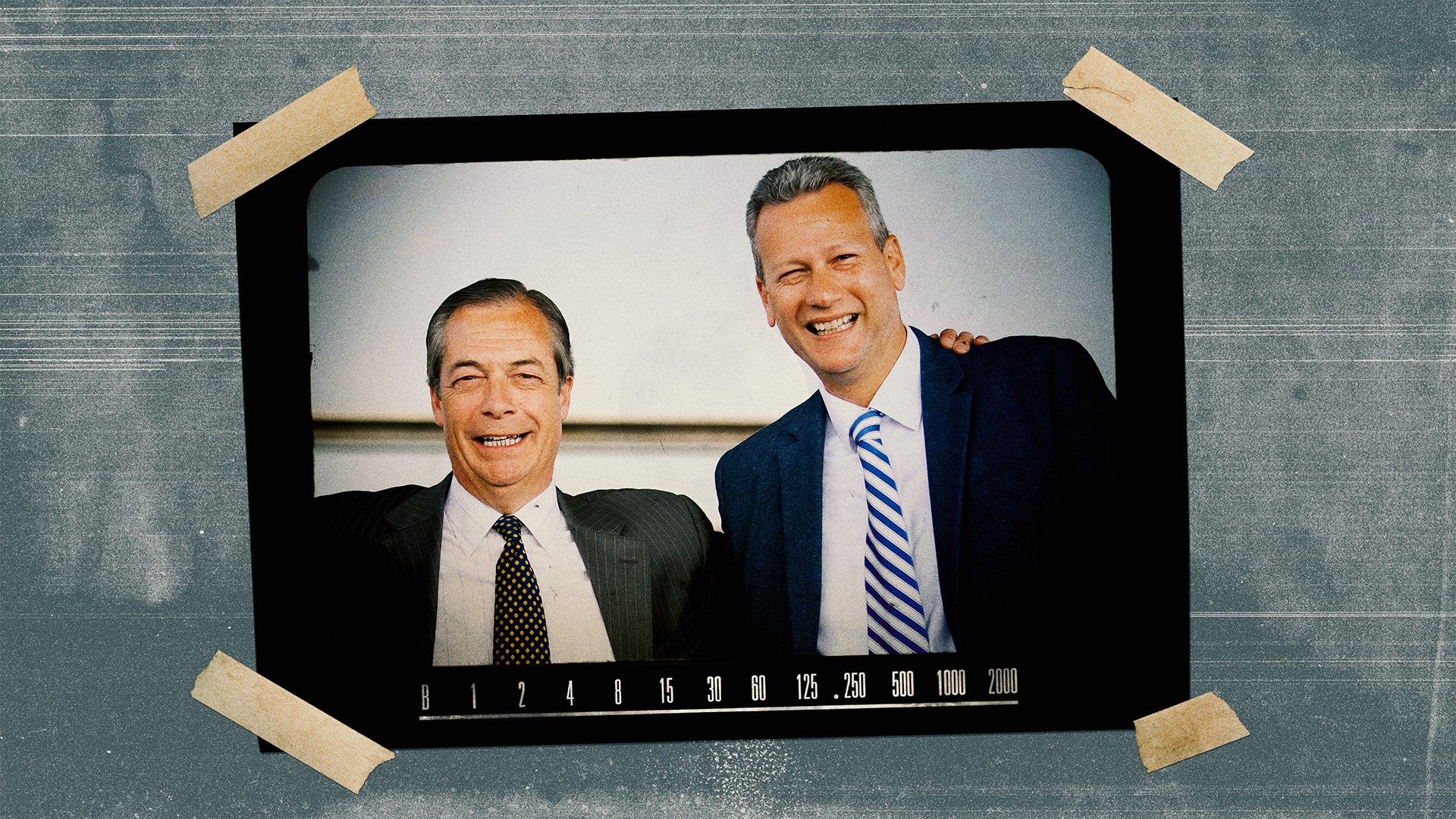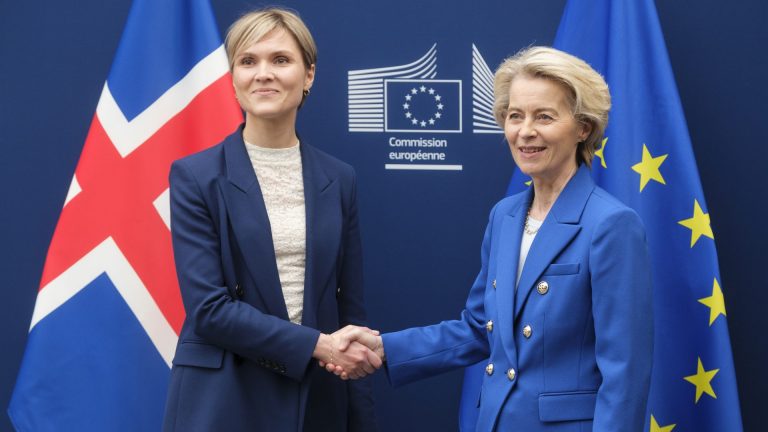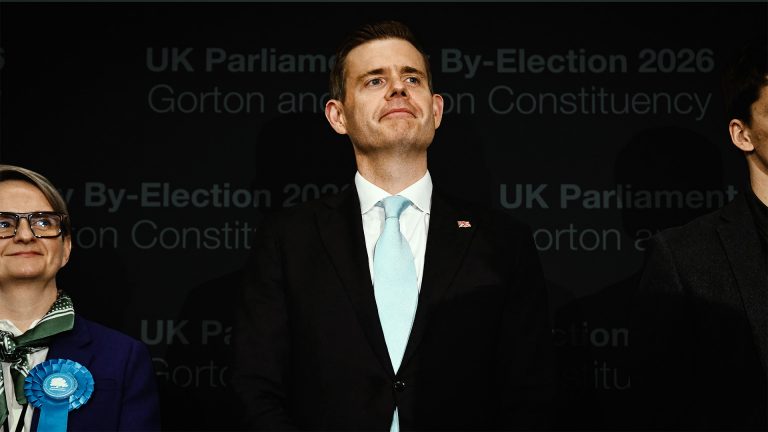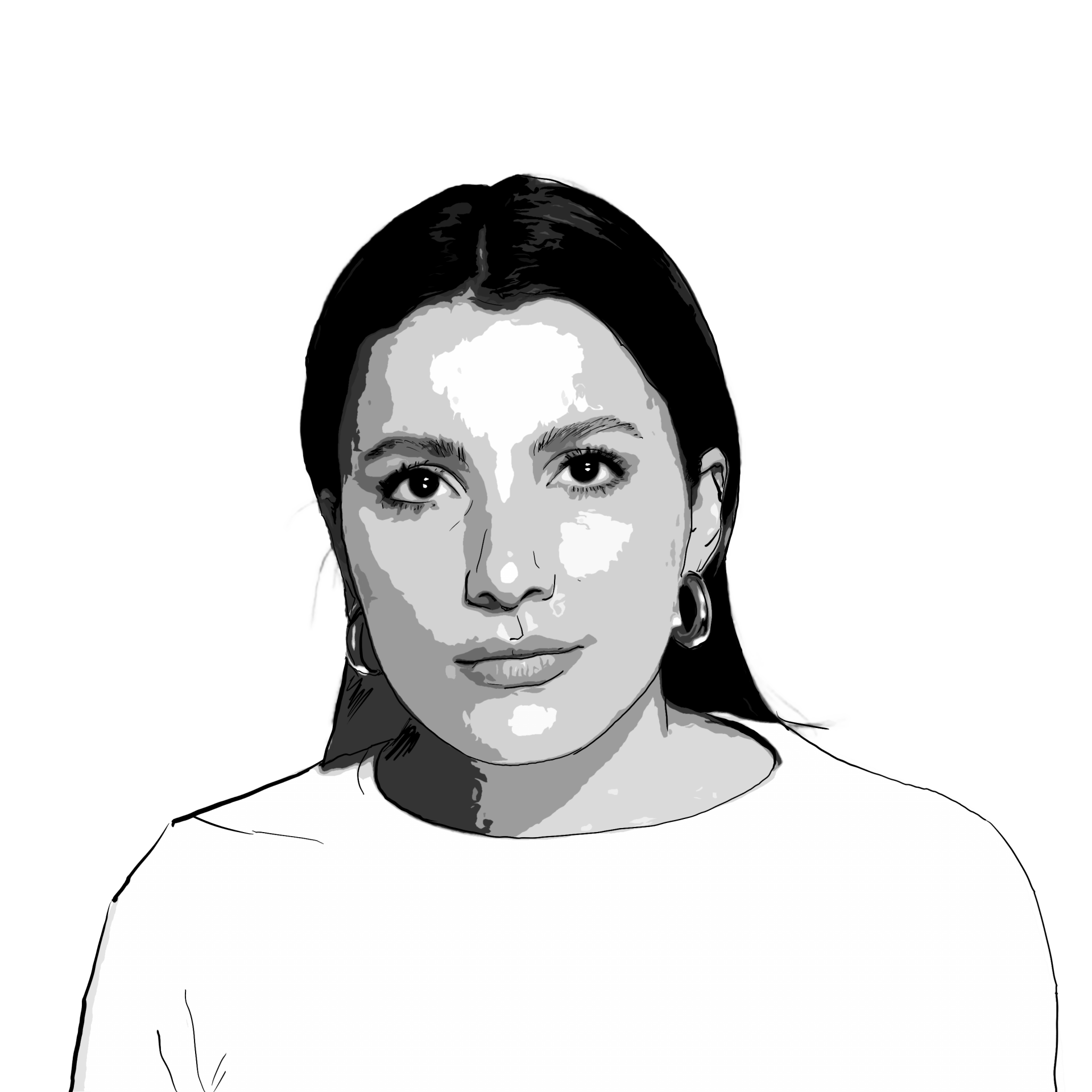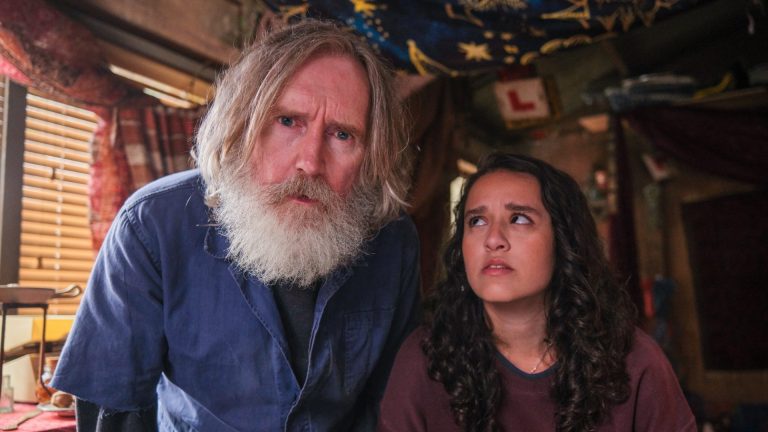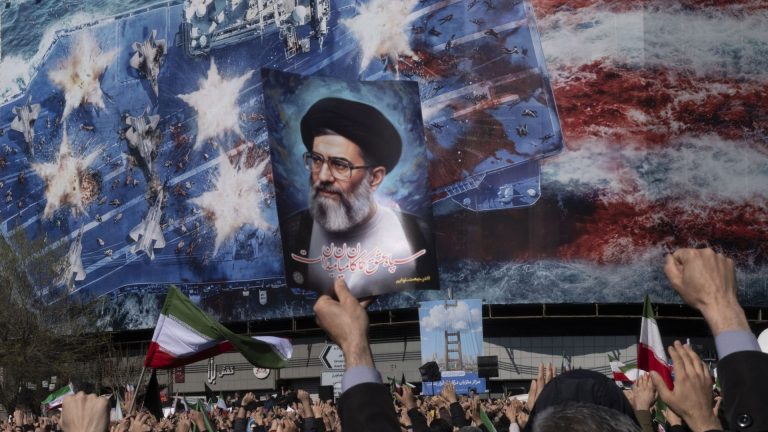When news broke that Nathan Gill, former Reform leader in Wales and long-time ally of Nigel Farage, had pleaded guilty to eight counts of bribery, Bill Browder was far from surprised. In fact, the US investor and vocal anti-Vladimir Putin activist recalls thinking that the media had barely scratched the surface. “I thought it was the tip of a much bigger iceberg,” he tells me.
In September, Gill admitted that between December 2018 and 18 July 2019, he accepted money from Oleg Voloshyn, a man once described by the US government as a “pawn” of Russian secret services. Gill then made pro-Russian statements, and asked pro-Russian questions in the European parliament.
Suggested Reading
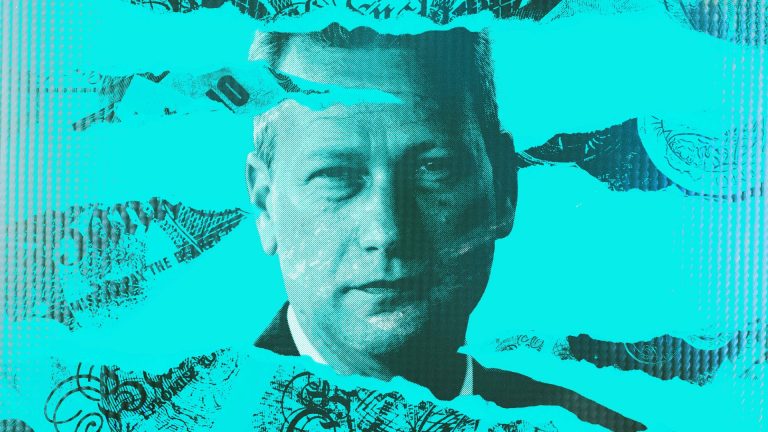
How Reform’s Nathan Gill became a Russian agent
A former member of the Ukrainian parliament for the pro-Russian Opposition Platform for Life party, Voloshyn also made speeches in favour of the Kremlin in the European parliament and arranged an event with a politician close to Moscow.
On November 21, Gill was sentenced to 10-and-a-half years in prison. The judge told him: “The offending was persistent, rather than an isolated lapse of judgement”. She described Voloshyn as a close friend of Putin’s.
“I’ve seen so many politicians, British, German, Dutch, French, American, all on Russia’s side. They’re using Kremlin slogans and Russian talking points. I know for sure that they’re being paid and that they’re doing this for the wrong reasons,” Browder says.
He admits that it’s reassuring to see one case proven, but the problem remains that for every Gill, there are “a hundred other cases that haven’t yet been proven.
“They’re out there,” he adds and says questions need to be asked of those in positions of power making pro-Kremlin statements.
Though Gill and Nigel Farage were close in the European parliament, there is no evidence that the Reform leader was aware of his friend’s criminality. And while there is no suggestion that Reform’s leader has been paid to do so, Farage has expressed views that are sympathetic to Putin’s.
In July 2024, Farage told BBC’s Panorama that the EU and Nato had “provoked” Russia’s invasion of Ukraine by expanding eastwards. He added that the fault for the war lay at Putin’s door.
It was not the first time Farage had found himself in hot water over the Russian president, saying in 2014 that he “admired” him as a “political operator”.
In October, when questioned by reporters, Farage insisted that Gill was merely a “bad apple”. The Reform leader went on to add that he was “shocked” and “any political party can find in their midst all sorts of terrible people”. Browder was intrigued by this response.
“It’s very interesting because Farage has taken a very sympathetic position to the Kremlin on a lot of different issues,” he said. “On one hand, you’ve got one of his colleagues, who was being paid by the Russians. Then you also have, in fact, a pattern where he’s made statements saying that it [the war in Ukraine] was NATO’s fault.”
Where do these ideas come from? Are there others being influenced by Russia? For Browder, these are all questions that need to be asked and with Reform on course to win a majority at the next general election, perhaps they need to be posed sooner rather than later.
“To govern, you have to take into account the interests of the British people and it would be very difficult, if Farage was pro-Putin, to sell that to the British public… On Russia and Ukraine, his views are in contradiction to the majority of British people.”
Browder adds: “The Labour Party is in a state of free fall right now. But does that free fall lead to Nigel Farage becoming prime minister? I think it’s anyone’s guess.”
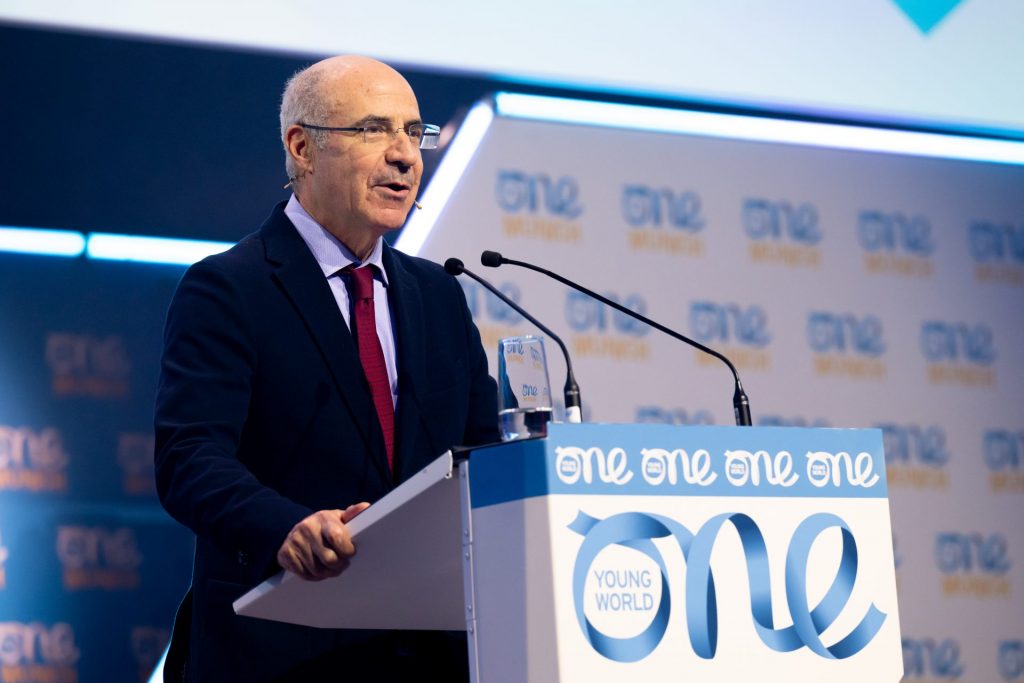
Browder and I spoke on the eve of his address at this year’s One Young World annual conference, the platform for young leaders that brings together activists from across the globe. He was set to speak on how people and politicians can stand up to dictators and his answer, ultimately, comes down to one word: money.
“Dictators can only be dictators if they have the resources. The war has been going on for three and a half years. Russia continues to be able to afford to execute the war. How do they afford to do that? They sell oil,” Browder explains.
He says eight companies in the world buy all the Russian oil – two in China, four in India, and two in Turkey – and since the war has started, he adds, “they have sent $400 billion to Russia for oil”. Multiple times, Browder has argued that if the West wanted to end the war in Ukraine, an ultimatum must be put to those companies: “Starting December 1st, if they purchase Russian oil, they will no longer be able to do business with us in the world.”
“These eight businesses will have to make a decision: Do they want to cut off the entire world for the sake of getting cheap Russian oil, or do they want to carry on doing business with the world?” Browder poses. In such a scenario, his “very confident prediction” is that Russia would not have the funds to continue the war. The “lifeblood” of the Putin regime would have been lost.
Remarkably, two Republicans – senator Lindsey Graham and representative Brian Fitzpatrick – have sponsored legislation that would achieve this scenario, imposing sanctions on countries doing business with Russia, including buyers of its energy exports. The person who has been standing in the way of its passing, Browder explains, is Trump.
“He doesn’t want this law to go forward,” he says. The financier makes no claims to be able to get inside the president’s head, but believes events such as the Alaska summit are clear signs that he is “prostrating” himself before Putin.
On Sunday, Trump stated that he would now back the bill, on the condition that he “retains final authority”, however a 28-point plan to end the war reportedly drafted by US and Russian officials may have now thrown that support into question. The details are yet to emerge, but it is believed to include a demand for Ukraine to give up the rest of the Russian-occupied eastern Donbas region, cut its armed forces by half and reduce or altogether abandon certain types of weapons. Kyiv is also expected to halt or significantly reduce all US military assistance.
On X, Browder wrote a scathing review of the deal, saying that it had “zero chance of success” and was the latest example of behind-the-scenes scheming between Steve Witkoff, the Trump administration’s peace envoy and Kirill Dmitriev, an adviser to Putin.
When I last interviewed Browder in October 2023, the world spun on a different axis. The horrific October 7 attacks and the atrocities that followed in Gaza had yet to occur, Trump had not yet won his second presidential election and, perhaps most significantly for Browder, Alexei Navalny was still alive. At the time, he left, albeit small, a window for optimism: there was, he said, a 10% chance that Ukraine could win the war and democratic forces in Russia may, against all odds, triumph.
Two years on, I ask him whether he was still able to indulge in that small sliver of hope and his answer is simple: “No”.
“We are at a dangerous crossroads right now,” he says. “The best that we can hope for is that Ukraine doesn’t lose the war as it’s far too hard to imagine that they can win the war if America is not on their side.”
Unfortunately for Browder, “we’re a much bleaker world than we were two years ago, because Donald Trump is on Putin’s side.”


